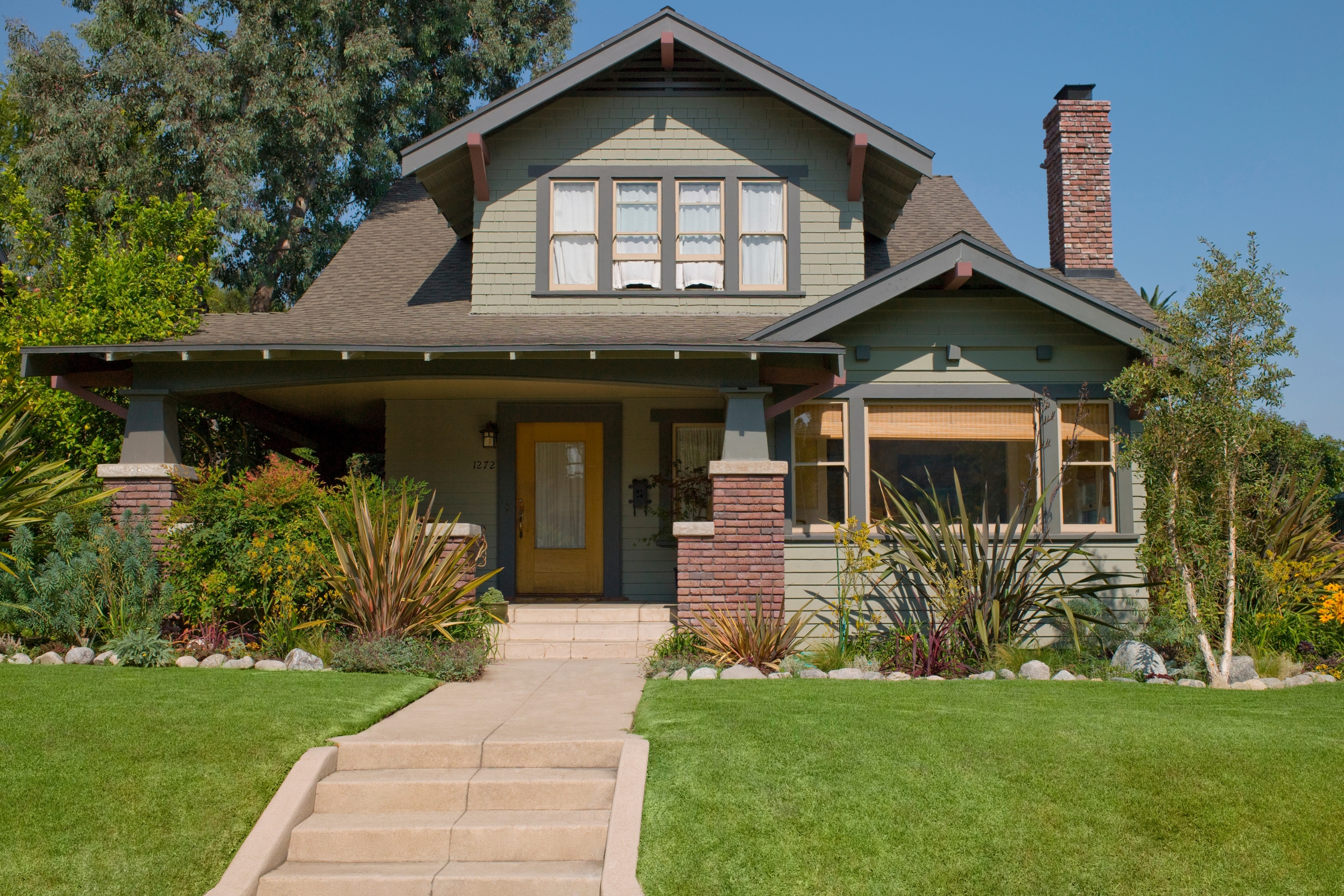
Home renovation projects in San Diego can be both exciting and overwhelming. With its unique climate, regulations, and market demands, remodeling in this vibrant city requires careful consideration to ensure that your project meets your expectations and adds value to your property. Being aware of common pitfalls is crucial to navigating this process successfully. Identifying these potential errors early on can save time, money, and unnecessary stress.
A well-thought-out plan is the backbone of any successful home renovation. Understanding the local building codes and ordinances is essential to avoid legal issues. Establishing a realistic budget also keeps the project on track and prevents cost overruns.
Choosing the right contractor can distinguish between a job well done and one that falls short of your aspirations. Effective planning and design, clear communication, meticulous documentation, and quality materials will contribute to the success and longevity of your remodel.
In San Diego, staying compliant with local regulations is crucial to protect your home remodeling investment. Failure to adhere can lead to costly fines and delays.
Before beginning your remodel, familiarize yourself with the necessary permits. Not all projects require permits, but significant changes often do. For instance, particular kitchen and bathroom remodels that encompass a lengthy scope of work may necessitate a permit.
You must apply for these through the City of San Diego’s Development Services Department. Remember, permits are not just paperwork but safeguards that ensure your project adheres to safety standards and local building codes.
After securing permits, your project will undergo periodic inspections to confirm compliance with building codes. These codes cover everything from electrical systems to structural integrity and dictate how to perform your renovations.
For a successful remodel in San Diego, more than following design trends is required; each step must pass inspection to ensure it meets the stringent requirements that protect your safety and investment.
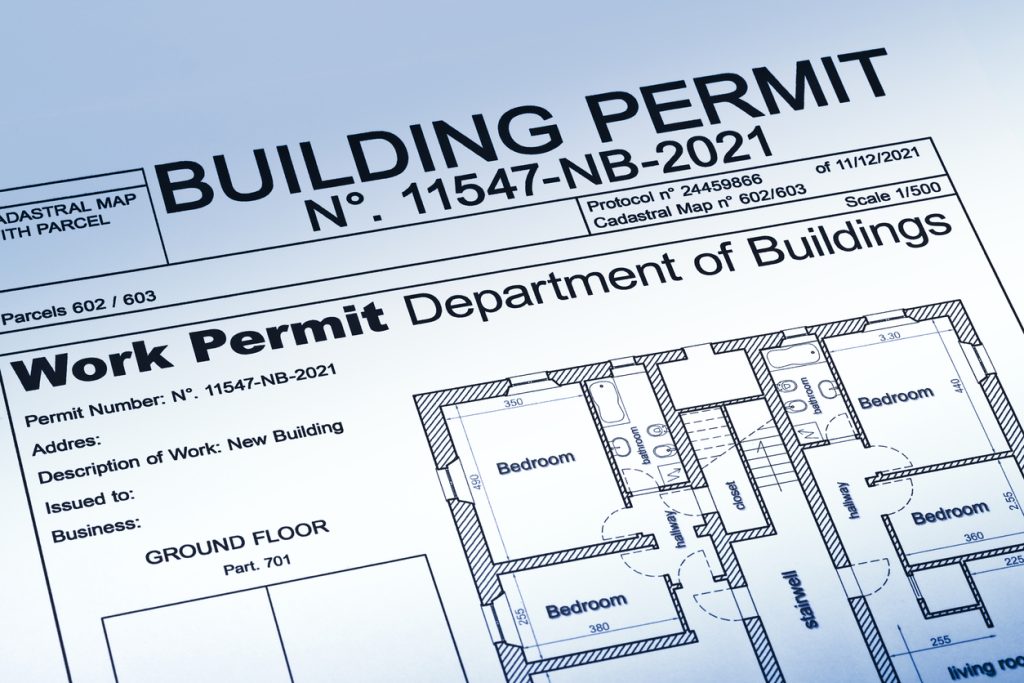
When tackling a home remodel in San Diego, you must carefully calculate your expenses to ensure your project is financially feasible. You need to account not only for the raw costs of materials and labor but also for the unpredictable nature of any renovation project.
To avoid financial pitfalls during your remodel, it’s critical to clearly define your budget from the onset. A comprehensive budget should include costs for materials, labor, permits, and design fees. Due to varied pricing, the type of appliances, countertops, and cabinetry significantly impact the overall budget.
It’s equally important to consider energy-efficient features, which often have a higher upfront cost but provide long-term savings on utility bills. For instance, a kitchen remodel may fluctuate in price dramatically based on selections. Remember to include a line item for every phase of your remodel to avoid oversights that could create unnecessary headaches down the road.
A successful financial plan for your remodel includes a contingency budget of 10-20% of your total project costs. This reserve guards against unforeseen expenses, which are common in remodeling projects due to hidden issues that arise once walls are opened or foundations are inspected.
Think of this contingency as a critical investment in peace of mind—should you encounter unexpected structural problems or decide on a vital last-minute addition, you won’t have to scramble to cover these costs.
Experts at Kaminskiy Design and Remodeling emphasize the importance of this safety net to avoid making compromises or halting the project altogether. Your investment isn’t only in the remodel itself but also in securing a well-planned budget.
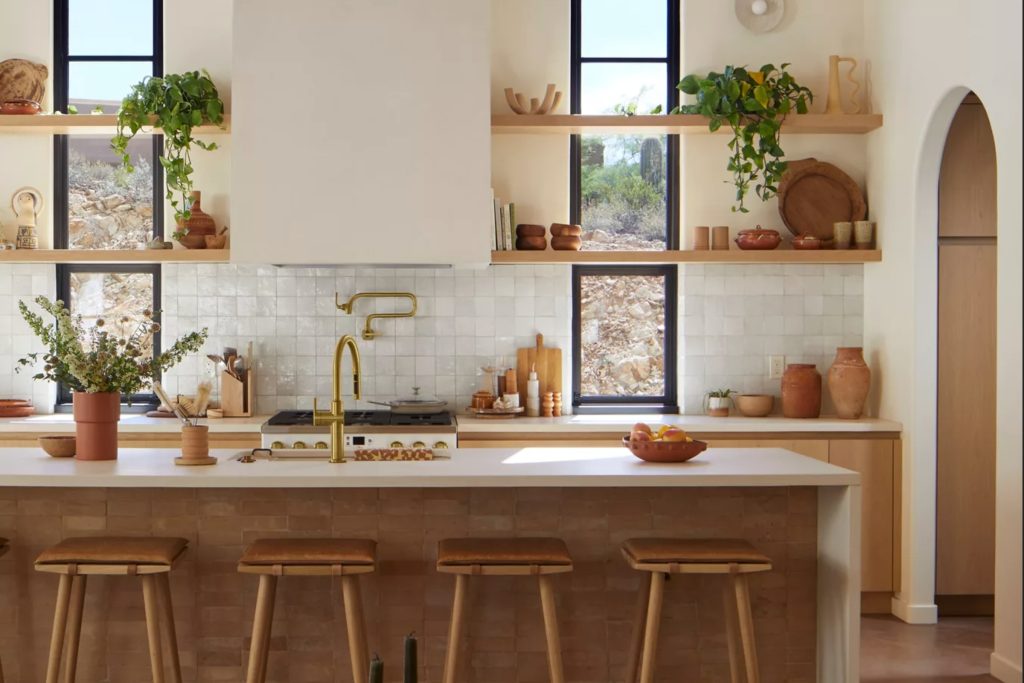
Choosing a contractor is one of the most critical decisions when embarking on a remodeling project in San Diego. You want a professional like Kaminskiy Design and Remodeling who will deliver quality work on time and within budget. Here, we will guide you through the necessary steps to identify a reputable contractor who will do the job right.
Research: Begin by conducting thorough research on potential contractors. Utilize online platforms to read reviews and view past project photos. Pay special attention to feedback on aspects like punctuality, quality of work, and communication.
Reputation: A contractor’s reputation in the market is a testament to their reliability and quality of work.
Insurance: Always verify that the contractor you are considering is fully insured. That includes workers’ compensation and liability insurance, which protects you against potential accidents or damage during remodeling.
Responsibilities: A good contractor will also be transparent about their duties and responsibilities throughout the project.
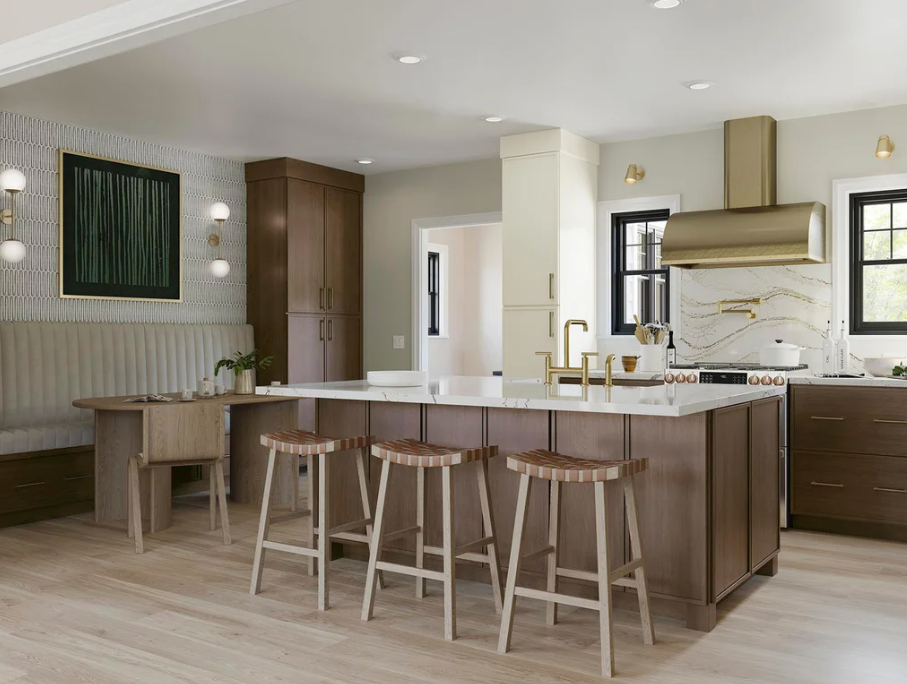
During a remodeling project, it’s crucial to prioritize effective planning and design to avoid costly or impractical mistakes. Below, you’ll find guidance to navigate the planning stages, with emphasis on practical functionality and the value of professional input.
Your home remodeling should not be swayed solely by fleeting design trends; instead, focus on the functionality that suits your lifestyle. Before finalizing any plans, thoroughly assess your space and consider how each area’s use will evolve over time.
For instance, a Kitchen Remodel Mistakes to Avoid guide might suggest choosing a classic layout that will serve you well for years rather than opting for a trendy design that could soon become outdated or impractical.
Seeking the advice of experienced professionals is a vital step in successful remodeling. Consult trained experts to negotiate the complexities of permits, structural limitations, and materials, ensuring that every aspect of your remodeling plan is feasible and optimized for your needs.
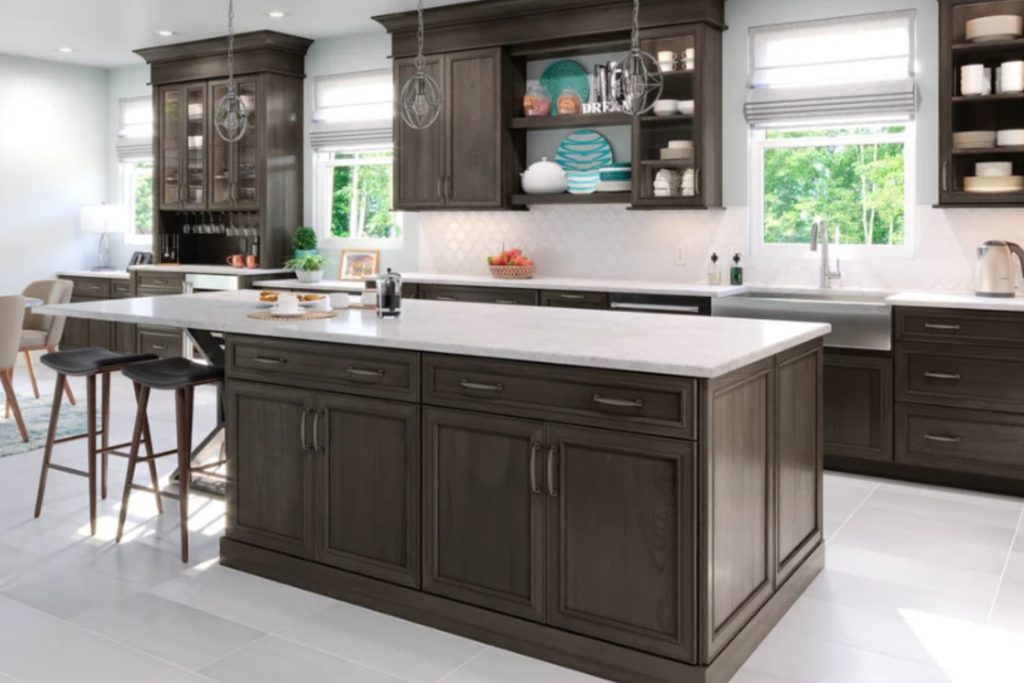
Proper communication and documentation are essential for remodeling projects in San Diego. They provide clarity and can prevent costly misunderstandings between you and your contractor.
When you initiate a remodeling plan, the first crucial step is to have a clear contract with your contractor. This contract should include:
Ensure all these elements are spelled out to reduce the risk of miscommunication and ensure that both parties understand their obligations.
During the remodeling process, you might change your mind about certain elements. If this happens, it’s crucial to implement a change order, which is a written document that details:
Remember, any change, big or small, should be documented. Communicate your desires clearly to your contractors and understand that these changes may affect the project’s timeline and budget.
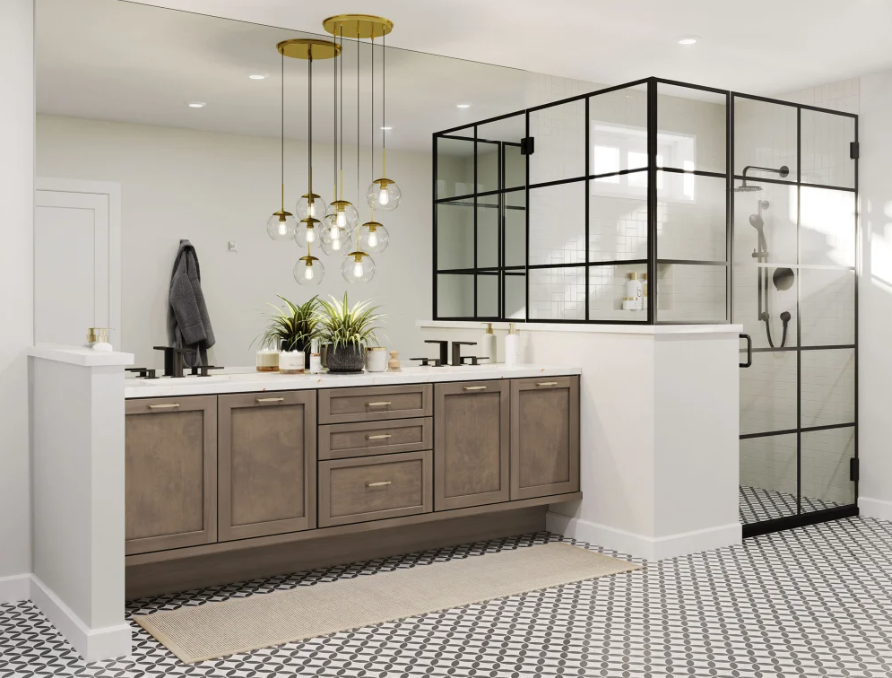
Effectively managing your home remodeling project in San Diego involves careful scheduling and considering your living arrangements. These steps are critical for ensuring that your renovation process proceeds efficiently and with minimal stress.
When planning your home remodeling timeline, be realistic about the duration of each phase. Start with drafting a detailed schedule that outlines significant milestones. For example, permit acquisition and inspections can significantly affect your timeline.
Remember that renovations often take longer than expected, so adding a buffer of an extra few weeks can be prudent. Proper planning is critical to preventing unexpected delays impacting your overall schedule.
Key Milestones
| Phase | Duration | Buffer |
|---|---|---|
| Demolition | 2 weeks | 1 week |
| Construction | 5 weeks | 2 weeks |
| Finishing Touches | 3 weeks | 1 week |
Deciding where you’ll live during the remodel depends on the scale of your project. You can stay in a different part of your house for minor renovations. However, more extensive projects might require you to find temporary housing. Consider the costs of potential rent, storage for your belongings, and the inconvenience versus the dust, noise, and privacy concerns if you choose to stay.
Your room layout might change, and having contractors in and out could affect your daily routine. For your peace of mind and the efficiency of the work, weigh your living arrangement options carefully before commencing with the renovation.
Choosing the right materials and ensuring skilled workmanship can make or break your remodeling project in San Diego. You should always put quality before cost savings and pay close attention to the workmanship at every stage.
When selecting materials, it is tempting to cut corners with less expensive options. However, opting for high-quality materials is crucial for the longevity and aesthetics of your renovation. For example, when choosing paint, you want to invest in premium options that look better and withstand San Diego’s climate without chipping or fading.
Even the finest materials can be wasted if not installed correctly. Ensure the workmanship on your project matches the quality of materials you’ve invested in. Be cautious of accepting the lowest bid on a contract without examining the contractor’s portfolio and reputation for quality. Regularly monitor the progress, and don’t hesitate to discuss any concerns over the craftsmanship as they arise.
When tackling a home addition or significantly changing your San Diego property, meticulous planning and a clear understanding of costs versus benefits are essential. Your choice of builder and the way you integrate new structures with existing ones will significantly affect the project’s success.
Budgeting Wisely
Creating an accurate budget for your home addition is crucial. Remember to include a contingency of around 20% to cover unexpected expenses during the renovation process. This extra cushion can help you manage unforeseen costs without compromising the quality of your build. Home additions can yield significant returns on investment, but only if they’re executed well and with forethought.
Respecting Your Home’s Infrastructure
You must ensure that any addition to your home melds seamlessly with the existing infrastructure. This integration involves careful consideration of design aesthetics and structural compatibility. Ignoring your home’s existing infrastructure can be a costly oversight, so prioritize harmonious additions that align with your home’s original character.
By considering these points and working with a diligent builder, you can avoid common mistakes and achieve a valuable, integrated addition to your home.
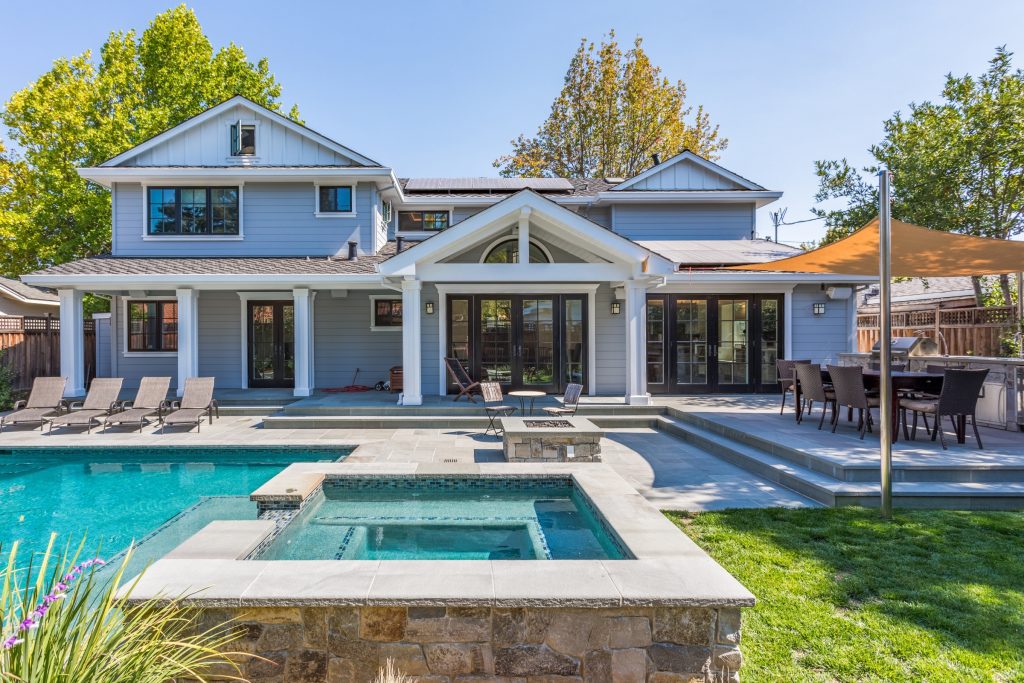
In preparing for a home remodel in San Diego, you might have several questions about how to proceed wisely and efficiently. Key focus areas include budgeting, contractor selection, design choices, planning, permitting, and scheduling.
To avoid overspending on your remodeling project, consider your budget before beginning and prioritize your needs over wants. Always account for unexpected costs by allotting a contingency of at least 10-15% of your total budget.
Choosing a reliable contractor involves checking their credentials, such as licenses and insurance, reviewing their portfolio, and reading client testimonials. Ensuring they have experience with projects similar to yours in scope and style is critical.
Common design oversights include neglecting workflow in areas like the kitchen or bathroom and choosing materials that are either too trendy or not suited to your lifestyle. Make functional design a priority to avoid these mistakes.
Key planning missteps to circumvent include underestimating project timelines, not setting clear communication channels with your contractor, and failing to secure the necessary permits beforehand.
Yes, specific permitting pitfalls include not understanding the local building codes, assuming a project doesn’t need a permit, and not having the permits in place before work begins, which can lead to legal issues and fines.
Critical timeline and scheduling mistakes include not allowing for lead times for materials and failing to factor in buffer time for unexpected delays. Ensure your project schedule is realistic and accounts for all potential variables.

Kimberly Villa is a recognized expert in the Home Design and Remodeling industry. Her passion for the industry is matched only by her love for sharing insights, new trends, and design ideas. Kimberly’s expertise and enthusiasm shine through in her contributions to the Kaminskiy Design and Remodeling website blog, where she regularly shares valuable information with readers.